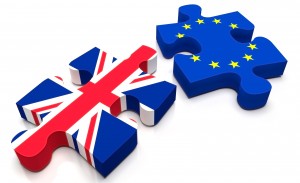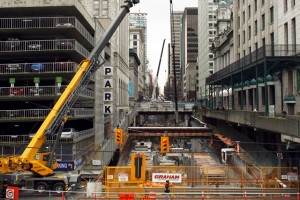25 Jun
2016
Why Every Business Needs a Plan B
I was likely not alone, last night, in watching – in mounting disbelief – the progress of the UK’s Brexit vote. I wouldn’t normally allow politics to feature in a business blog but there was one thing (among many, many others) that seemed apparent in the process and immediate aftermath – there was no Plan B!

I should immediately qualify this by saying this was only my impression, and – for the sake of the British people – I sincerely hope I am wrong, but it appeared that neither the ‘Leave’ campaigners nor the government had any kind of concrete plan for moving forward in the event of a ‘Leave’ win. The immediate fallout is a dramatic fall in the pound sterling and in stocks worldwide – no doubt this is just the beginning.
Clearly, it is – dare I say – criminally negligent not to have a Plan B. In business we can expect many bumps in the road and we may be affected by any number of unforeseen natural disasters or political upsets. We must have a contingency plan.
On the west coast of Canada we are in a major earthquake zone. Is your business prepared to deal with the aftermath of a major ‘quake? (Or flood, wildfire, hurricane or tornado, as the case may be in your area?) Would it be affected by a major political upset? Even a prolonged period of unseasonal weather or an unforeseen major construction project that made it difficult for customers to reach your store?

If customers are not magically appearing in the geographical or demographical area you expected to find them, what is your back-up plan? If sales are low in a particular quarter or a new product doesn’t have the success you anticipated, how will you handle it?
Having a Plan B does not mean that we have no faith in Plan A – it simply means we’ve considered all possible events and endeavoured to find a strategy for coping with them. It should be an essential part of every business plan.





